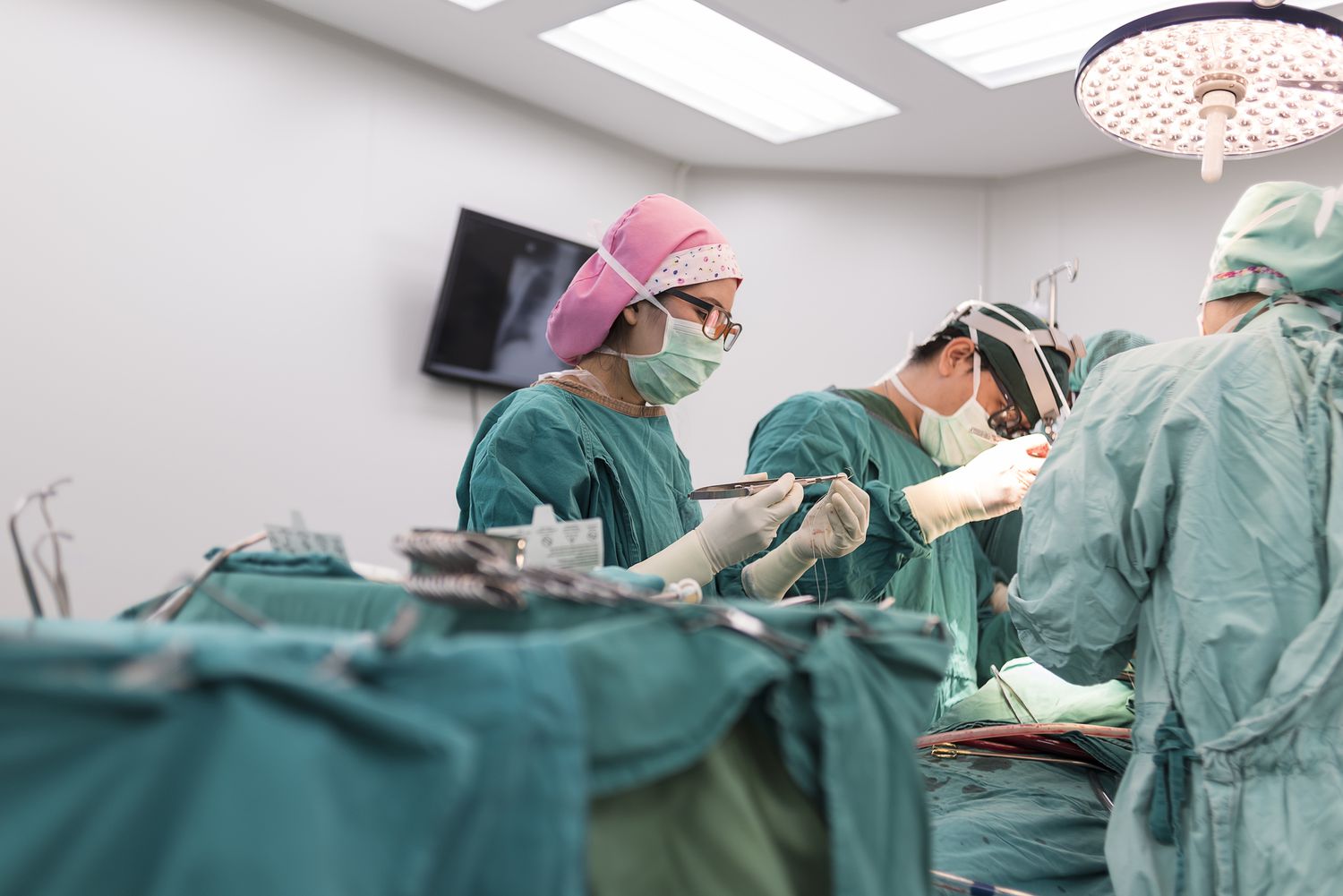Everything You Need to Know About Breast Cancer Surgery

Detailed Information on Breast Cancer Surgery
Breast cancer is a powerful foe that necessitates a strong and adaptable treatment arsenal. Breast cancer surgery is one of these and is extremely important in reducing the disease and possibly saving lives. Despite being difficult, this procedure frequently acts as the first line of defense after a breast cancer diagnosis. Hence, patients and their families must learn about the ins and outs of this surgery. Things that you should know about this crucial procedure are broken down in this article’s thorough guide.
Breast Cancer Surgery Overview
In general, the main objective of this surgery is to rid the patient’s body of cancer cells. The size, nature, and stage of the cancer, however, can affect the specifics of this procedure.
Breast Cancer Surgery Types
Lumpectomy and mastectomy are the two main types of breast cancer surgery.
Only the tumor and a small portion of the surrounding healthy tissue are removed during a lumpectomy. Because the majority of the breast tissue can be preserved, this procedure is also known as “breast-conserving surgery.” To eliminate any remaining cancer cells, radiation therapy is frequently administered after it.
On the other hand, a mastectomy is a more involved procedure that involves removing all of the breast tissue. Mastectomies come in a variety of forms, from straightforward (or total) operations to more intricate ones like a modified radical mastectomy or double mastectomy, where both breasts are removed.
The treatment plan depends on the tumor’s size and location, the patient’s personal preferences, the size of the breast, and whether the cancer has spread.
Factors to Consider Before Surgery
Before undergoing breast cancer surgery, a number of variables must be assessed. Mammograms, ultrasounds, and MRIs are a few imaging tests that doctors frequently use to determine the extent of cancer. The patient’s age, general health, and medical history are also taken into account when choosing the best course of treatment.
Getting Ready for a Breast Cancer Operation
Surgery for breast cancer can be a frightening prospect, but with the right planning, it can go more easily.
Medicine preparation
Patients may be required to undergo standard examinations prior to the procedure, such as blood work and electrocardiograms. All medications should be discussed with the medical staff because some may need to be stopped prior to surgery.
Prepare emotionally and psychologically.
It can be emotionally taxing to deal with a breast cancer diagnosis and the possibility of surgery. You must look for emotional support at this time. This can involve getting support from loved ones, speaking with a mental health professional, or joining a support group.
Following the Surgery
In order to ensure a quick recovery and keep an eye out for any complications, post-operative care is essential.
Quick Post-Operative Care
Patients typically stay in the hospital for a short period of time following surgery to be monitored. Medication can be used to control pain, and surgical sites may be fitted with drains to prevent fluid buildup.
Treatment and Monitoring of the patient
Patients may need physical therapy to regain strength and enhance arm movement after breast cancer surgery. To track healing, address any issues, and talk about additional treatment options, like radiation therapy, hormonal therapy, or chemotherapy, as needed, regular follow-up visits are essential.
Breast Cancer Surgery with a Holistic Approach
In the end, breast cancer surgery advances a patient’s road to recovery. Understanding the procedure can give patients and their families the confidence they need to face this journey, even though it involves difficult choices and emotional struggles.
Facilities like Nanavati Max Hospital place a high priority on a patient-centric strategy that combines excellent medical care with extensive patient support. This all-encompassing strategy makes sure that each patient undergoing breast cancer surgery gets the attention they need and deserve.
In summary, breast cancer surgery is essential in the struggle against the disease. This treatment has the potential to stop the spread of the illness and even save lives. Patients can navigate this difficult journey with resiliency and hope by remaining informed about the procedure, exercising caution when making decisions, and placing a priority on their physical and emotional well-being. Remember that you are not walking this journey alone; there are medical professionals, support systems, and comprehensive care facilities ready to assist you at every turn.
